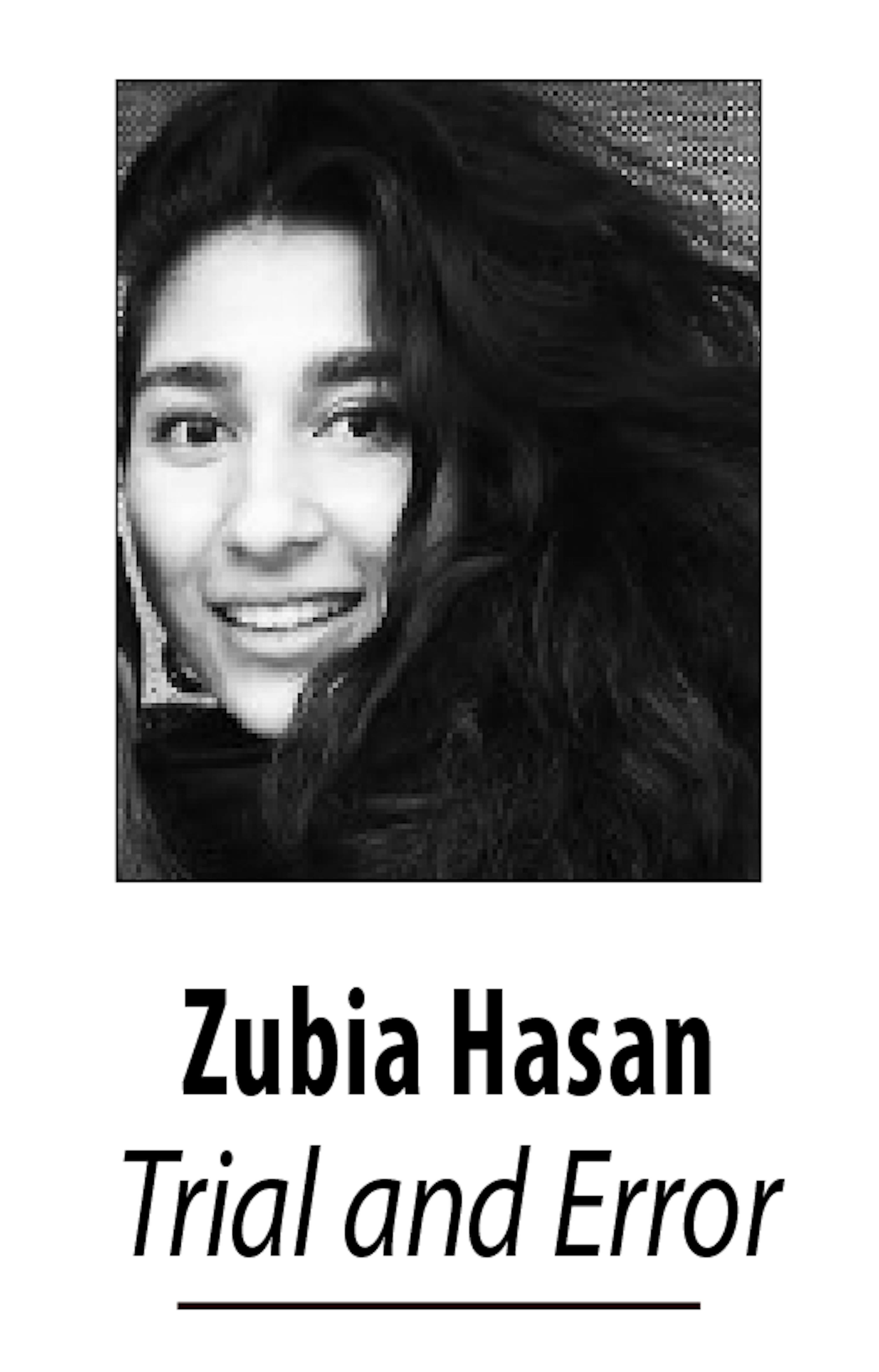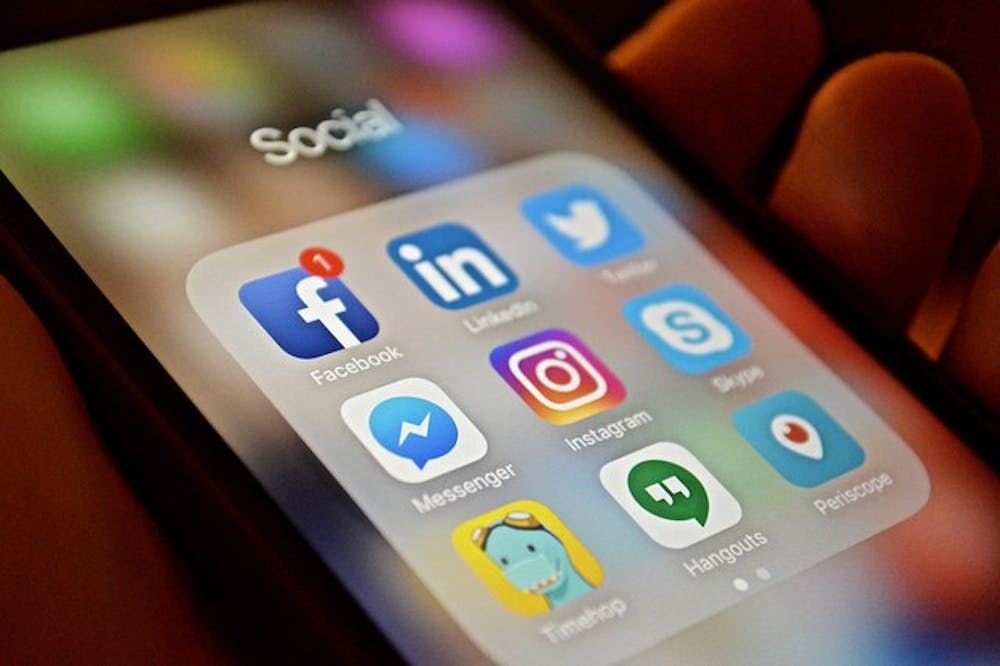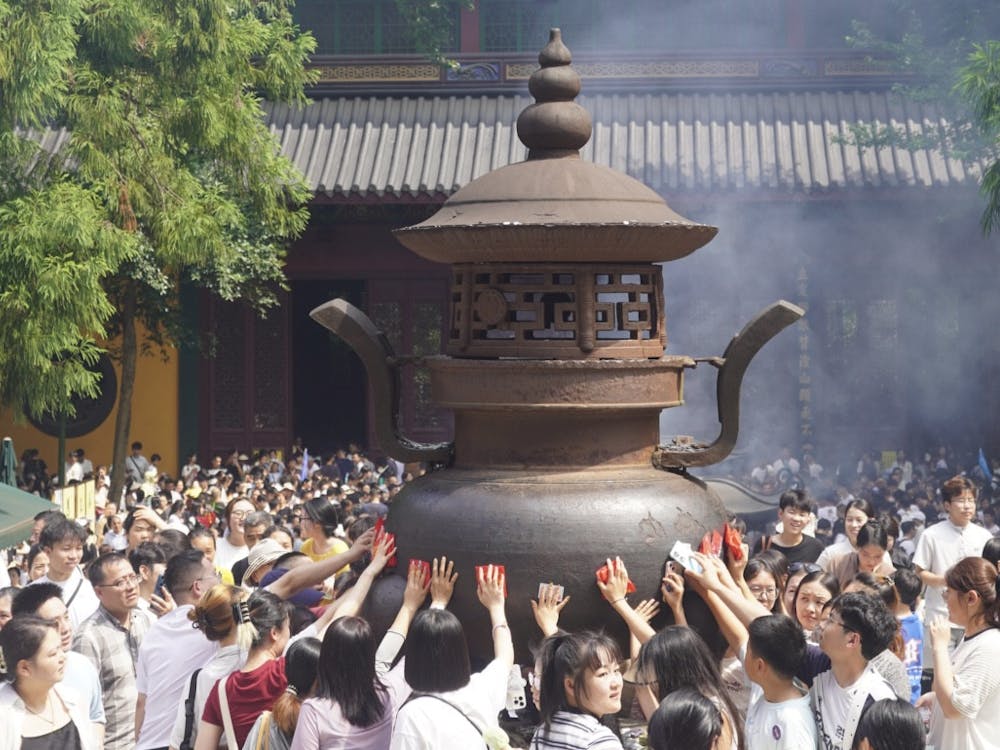
About three weeks ago I made a Facebook post which, since then, has uprooted my life. When I made the post I did it with the intention of giving my friend a voice who had remained quiet for so long. What has followed has taught me a lot about what happens when you finally speak out about abuse — especially when explicitly stating the perpetrator.
A few months ago, my friend, who chooses to remain anonymous, shared with me how they had been molested by an art teacher at my middle school. I am a survivor myself and, needless to say, this tragedy affected me very badly. It seemed like, wherever I turned, there was some story about someone who decided to take someone else’s body as their own.
However, at that point, my friend spoke just to tell me. They didn’t want action taken, and so I stayed quiet. Some three weeks ago, they gave me permission to talk about their story, but they still wanted to remain anonymous.
And so I set about the task of creating a Facebook post documenting the abuse that she had suffered as a minor. I didn’t know how to write it. How does one begin to talk about the exploitation of someone so young? I spent four hours on that post, but of course no amount of time could’ve been enough.
And then, through the process, I realized that some things are so horrible that they defy expression. I couldn’t adequately describe their horror or grief or sorrow. I could only state the facts, and so that’s what I did. I documented the abuse of my friend, and I posted it with a trigger warning. I also made the post public and blocked all my family from it.
To block my family was purely an act of self-preservation. To understand this one has to orient themselves within Pakistan’s culture of silence. Of course, the United States is also complicit in silencing victims, but in Pakistan it’s a little bit different. An individual’s actions somehow extend to their family and so notions of “honor” and “what people will say” are commonplace factors in creating an especially strong stigma around abuse.
This is the kind of backlash that I feared. Unfortunately, but not surprisingly, this is the backlash that we got. The school called my parents to inform them about my post. Yes, imagine this — I’m almost 21, legally an adult, but my actions must be reported to my parents.
According to the school, they reached out to my parents out of suspicion that “my anonymous friend” was code for “me.”
This highlights one of the things that surprises me the most about non-survivors. No one seems to understand the need for consent even after an assault has taken place. Even if the school assumed I was the person (I am not), how did they feel comfortable contacting my family without my knowledge?
More importantly how did they feel comfortable contacting my family knowing Pakistan’s culture of patriarchy and victim blaming? How did they know my parents would believe me, support me or do anything to alleviate my hypothetical trauma?
At best, the school didn't, and it acted in an inconsiderate manner. At worst, they knew but didn't care, because, in cases like this, it’s the reputation of the institution that matters more than justice and closure for the survivor. History will tell us these institutions’ priorities time and time again.
Needless to say, the school got the response that they were looking for. As soon as my parents found out, they freaked out on my behalf. They didn’t want me involved; they feared for my safety. My father started recounting all the times that I had been left alone with a male coach or a male tutor and blamed my mom for exposing me to, well, men.
And there it was in front of me — our rape culture on display in the words coming out of my own father’s mouth. Because his response to hearing about my friend’s assault was not to shut up the men responsible but to shut me up. Because women must pay the price for the avarice of men, and that is the way the world has worked for centuries.
These have been the hardest three weeks of my life, but I wouldn't take them back. I fought with the school, and I fought with my parents. I talked to lawyers and read up on Pakistani law and neglected my school work, but it was worth it. I think victory is at hand.
The art teacher has been suspended after pressure from parents and is now pending investigation from the board of directors. My friend has also revealed their identity to the school and has given a statement on the assault.
I am hopeful this man will be fired. I am bitter, because that is all that will happen. I would like to see him suffer the way he made my friend suffer. Unfortunately the justice system is crueler to survivors than to perpetrators. So I understand my friend’s decision not to pursue this any further.
These three weeks took everything out of me. They completely drained me of all emotional energy, and I don't see how survivors can bear this for years on end as their investigations remain pending in front of the courts.
I am grateful to everyone who supported me as I’ve gone through this process. I am grateful for the friends who helped draft e-mails to my school for me when I was too weak to do so. I am grateful for the professors who were understanding about homework and exams. I am grateful for the parents who were on our side and called the school asking them to fire the abuser. I am grateful for my brave, brave friend who allowed me to reveal their story.
I am grateful, and now I’m tired. The past few weeks have shown me that rape culture is alive and well. It has shown me that the world has a long, long way to go. There’s work to be done, and I’m ready.





